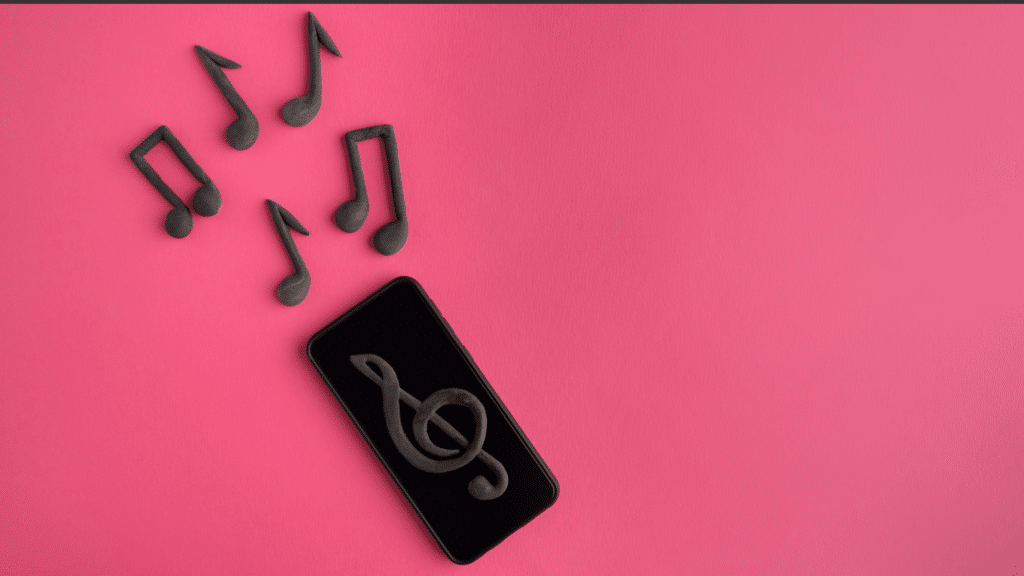For many of us, music is a universal language. It transcends borders, cultures, and even time itself.
Whether it’s the rhythmic beat of a tribal drum, the soaring notes of a classical symphony, or the catchy hook of a pop song, music has an unparalleled ability to move us emotionally and connect us to one another.
READ MORE:
Get to know 10 of Cebu’s notable drummers
When music speaks beyond words
Beyond its cultural and artistic significance, music has tangible benefits for our mental, emotional, and even physical well-being.
This International Music Day, we take a look at how music helps us.
Music and emotions
One of the most immediate ways music impacts us is through our emotions. Everyone has a song that instantly transports them back to a particular moment in time—a wedding, a road trip, or a childhood memory. Music can bring to mind joy, nostalgia, excitement, or even sadness. This emotional power stems from how our brain processes music. Different melodies, rhythms, and harmonies activate the brain’s reward system, releasing dopamine, the “feel-good” chemical.
Music can also be therapeutic. It has been widely used in therapy to help people express emotions that are difficult to put into words. Whether through listening or creating music, this form of expression can provide an emotional release and foster healing, especially in cases of trauma, grief, or mental health challenges.
Music as stress reliever
As life can be stressful, music provides an excellent way to unwind. Scientific studies have shown that calming music, particularly slower-paced tunes with soft melodies, can reduce cortisol levels, a hormone associated with stress. Classical music, nature sounds, and even certain genres of electronic music are commonly used for relaxation and stress management.
Incorporating music into daily routines—whether it’s background music while working, or a playlist for yoga or meditation—can significantly improve focus, reduce anxiety, and create a peaceful environment. Music can act as a mental refuge from the noise of everyday life.
Enhancing cognitive performance: ‘Mozart effect’
Music’s influence on the brain doesn’t stop with emotions. There is growing evidence that listening to music can enhance cognitive performance. Known as the “Mozart effect,” listening to classical music has been associated with improved memory, attention, and spatial-temporal skills. While the effect may vary from person to person, music can be a powerful tool for boosting productivity and creativity.
For students, background music can help improve concentration during studying. However, it’s essential to find the right type of music—instrumental tracks, for instance, are less likely to be distracting than songs with lyrics.
Physical health
Remarkably, music can even have an impact on our physical health. Studies have found that listening to upbeat music during exercise can improve endurance and motivation. Many people create workout playlists designed to match the rhythm and tempo of their exercise routines, allowing them to push harder and longer.
Moreover, music is also used in medical settings as a complementary treatment. In some hospitals, music therapy is used to help patients undergoing surgery or those recovering from illness. It has been shown to lower heart rates, reduce blood pressure, and even alleviate pain.
Social connections
Beyond the individual benefits, music is a powerful social connector. Concerts, festivals, and communal events centered around music bring people together, creating shared experiences that can strengthen relationships. Whether it’s singing along to a favorite song at a concert or bonding over a mutual love for a band, music creates a sense of community.
Throughout history, music has played a role in bringing people together during social movements, religious ceremonies, and cultural celebrations. It is a way for us to express collective emotions, tell stories, and celebrate life’s moments, big and small.
Music is more than just entertainment; it is a powerful tool that shapes our emotional, cognitive, and physical well-being. It can comfort us in times of distress, elevate our mood, help us focus, and bring us together with others. In a world that often feels chaotic, music offers a sanctuary, reminding us of our shared humanity and the rhythms that bind us all.


